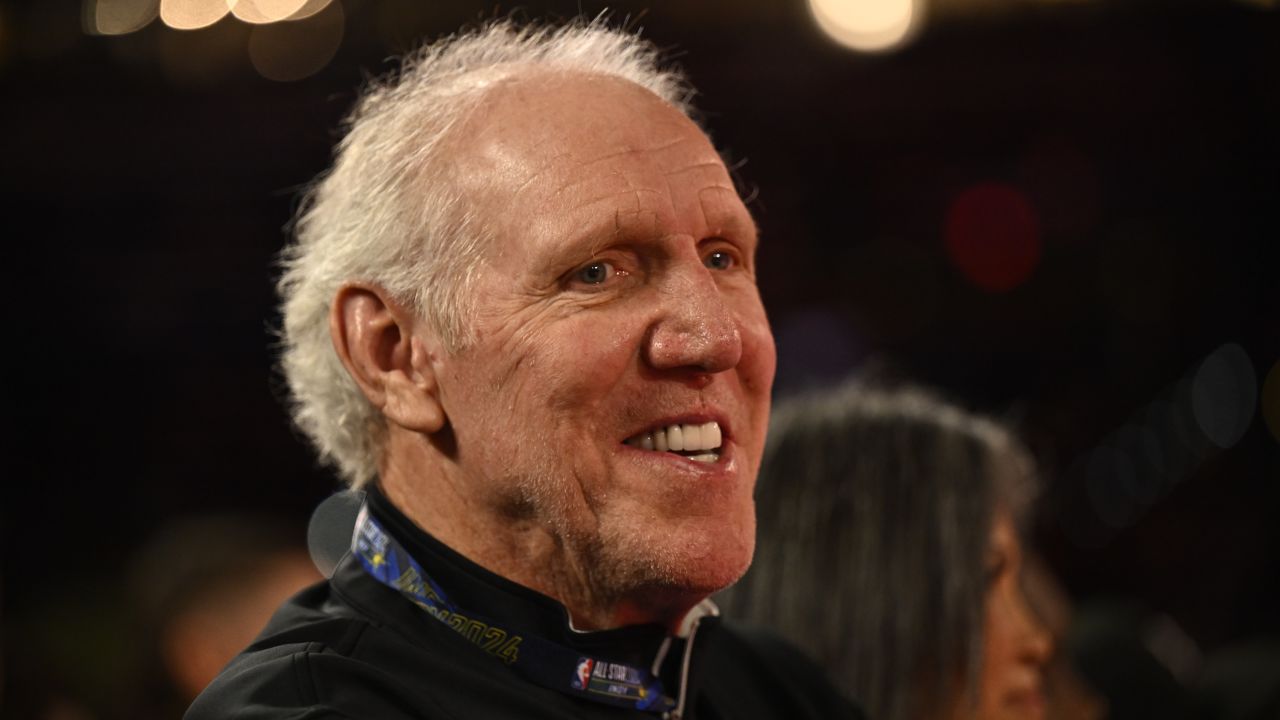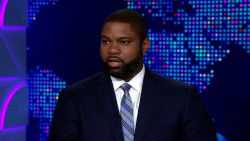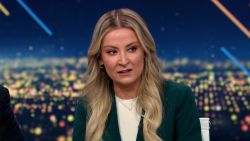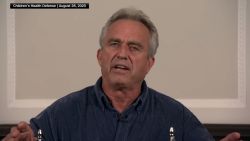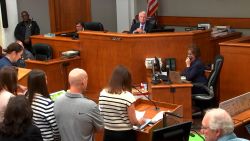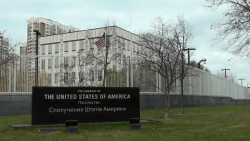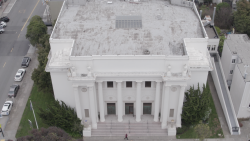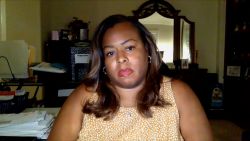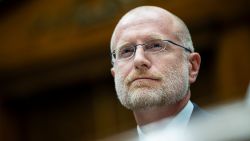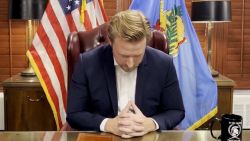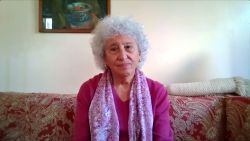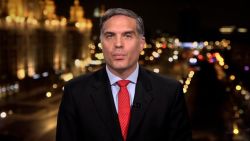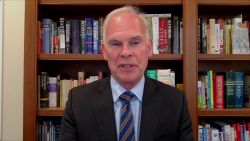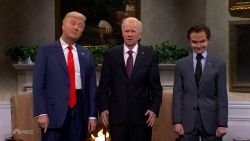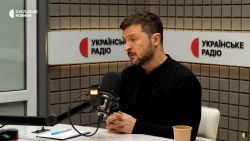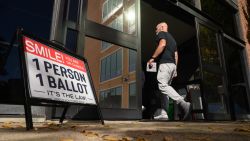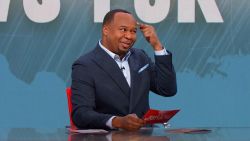Bill Walton, the basketball Hall of Fame center who won two national titles at UCLA, two NBA championships in Portland and Boston and later put the “color” in color commentator, died Monday following a prolonged battle with cancer, the NBA announced.
Walton was 71. He was surrounded by his family, according to the NBA.
“Bill Walton was truly one of a kind,” NBA Commissioner Adam Silver said in a statement. “As a Hall of Fame player, he redefined the center position. His unique all-around skills made him a dominant force at UCLA and led to an NBA regular-season and Finals MVP, two NBA championships and a spot on the NBA’s 50th and 75th Anniversary Teams.
“Bill then translated his infectious enthusiasm and love for the game to broadcasting, where he delivered insightful and colorful commentary which entertained generations of basketball fans.
“But what I will remember most about him was his zest for life. He was a regular presence at league events – always upbeat, smiling ear to ear and looking to share his wisdom and warmth. I treasured our close friendship, envied his boundless energy and admired the time he took with every person he encountered.”
Walton’s basketball journey began at UCLA, where the 6-foot-11, red-headed center starred under legendary coach John Wooden and led the Bruins to national championships in 1972 and 1973, both in perfect 30-0 seasons. In the ’73 title game, Walton took 22 shots and missed only one, scoring a championship contest-record 44 points.
The team at one point won 88 straight games, a men’s record that still stands. In each of his three varsity seasons, Walton was the national college player of the year and an All-American.
Still, Walton and Wooden repeatedly clashed over cultural and political issues, including over Walton’s long hair and his protests against the Vietnam War. In May 1972, Walton was arrested at an antiwar demonstration in the Los Angeles campus. According to a post on the UCLA Library Facebook page, it was Wooden who bailed him out.
The big man with the nifty hook shot was the No. 1 pick in the 1974 NBA Draft by the Portland Trail Blazers and led the team to its only NBA championship in 1977. He was named the NBA Finals Most Valuable Player in that playoffs, and the next season he was named the NBA’s regular season MVP.
His political remarks made him a controversial figure. In April 1975, Walton called for the rejection of the US government and referred to the FBI, who once questioned him, as “the enemy,” according to coverage in the New York Times. Hundreds of fans called for him to be traded and team management denounced his statement but kept him on the roster.
Walton’s career was derailed due to a series of injuries. He left Portland to play for the San Diego/Los Angeles Clippers from 1979 to 1985 but never reached the heights of those earlier seasons and struggled through foot and knee injuries, which led to almost 40 orthopedic surgeries in his life by his count.
He then joined the Boston Celtics, where he rejuvenated his career and in 1986 won the NBA Sixth Man of the Year award as a reliable backup to stars Robert Parish and Kevin McHale. Together, the group won the NBA title in 1986 over the Houston Rockets, the second of Walton’s career.

UCLA legend and NBA rival Kareem Abdul-Jabbar said Monday the world feels much heavier with the death of his “great friend.”
“On the court, Bill was a fierce player, but off the court he wasn’t happy unless he did everything he could to make everyone around him happy,” he said. “He was the best of us.”
Walton was inducted into the Naismith Memorial Basketball Hall of Fame in 1993.
From playing to broadcasting
Despite growing up with a stutter, Walton went on to a successful broadcasting career as a sometimes outlandish commentator for both NBA and NCAA basketball games, most recently working for ESPN.
He was known for bringing a sense of joy, wonder and wackiness to his coverage of the game. A well-known fan of the Grateful Dead, he was often seen wearing tie-dye shirts and sprinkled references to the band in his coverage.
He once said on a broadcast, “Come on, that was no foul! It may be a violation of all the basic rules of human decency, but it’s not a foul.”
On another: “A lot of people understand what not saying anything means, so, in effect, not saying anything is really saying a lot.”
He also liked to flash his intelligence. According to Awful Announcing, one of his best quotes was: “Yesterday we celebrated Sir Isaac Newton’s discovery of gravity. Today, Fabricio Oberto is defying it.”

He struggled with the consequences of all those injuries, and in 2016 told David Axelrod on the CNN podcast “The Axe Files” that back pain nearly drove him to suicide in 2008.
“When you’re in that space, more people commit suicide from back pain than from any other malady. It’s just overwhelming. It destroys every aspect of your life. It destroys every aspect of all the people around you,” he said.
“And here’s this situation where I had nothing, but then I had this surgery and I’m all better. I take no medication. I have no pain. I go full speed ahead now. I’ve never been busier. I’ve never been happier. I haven’t been this healthy since I was 13 years old. In all these years I never thought that I’d be free of pain, I never thought that I’d be happy in love, and I have both of those today. I am the luckiest guy on earth.”
He also told Axelrod how he dealt with his stutter.
“I could not say hello. I could not say thank you. I could not say a single word without just, the stammer, the stutter, the hesitation, and I just could not express myself,” he said. “I express myself through sports. I express myself to reading. I express myself through just being a part of a bigger world that I only dreamed I could ever be a part of.”
Famed announced and former track star Marty Glickman helped Walton work through his speech impediment when Walton was 28.
“He took me over in the corner. We stood behind a potted plant and in five minutes, he just laid it out. Bam! Bam! Bam! This is how you learn how to talk,” he said.
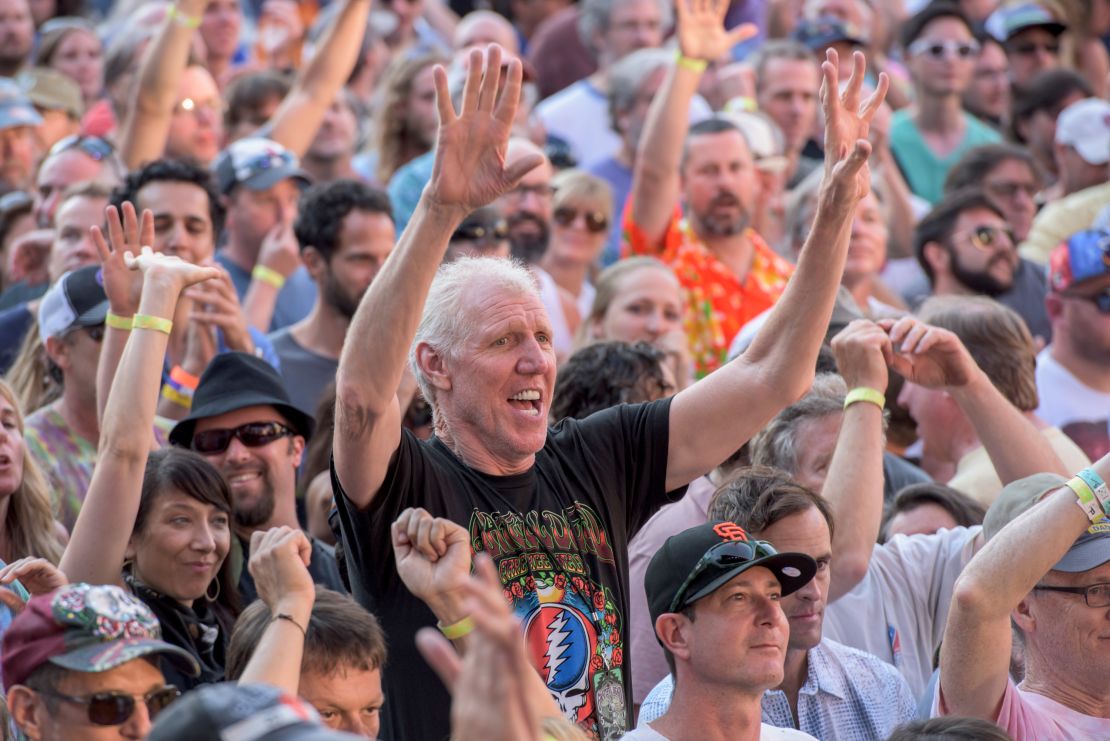
In the wake of Walton’s death, Axelrod praised Walton was more than a basketball player.
“He was an all-world human being, with a huge heart and infectious enthusiasm for life. He lived through intolerable pain and yet, as an announcer, managed to lift our burdens and make us smile,” he posted on X.
UCLA men’s basketball coach Mick Cronin offered his condolences and praised Walton’s legacy in a statement.
“It’s very hard to put into words what he has meant to UCLA’s program, as well as his tremendous impact on college basketball,” he said. “Beyond his remarkable accomplishments as a player, it’s his relentless energy, enthusiasm for the game and unwavering candor that have been the hallmarks of his larger than life personality.”
Walton is survived by his wife, Lori, and four boys, all of whom played college basketball. Luke Walton won two NBA titles with the Los Angeles Lakers, meaning he and his dad were the first father-son combination with multiple NBA rings.
Bill Walton’s brother Bruce, who died in 2019, played in the Super Bowl with the Dallas Cowboys in January 1976, and they were the first siblings to play in NFL and NBA championship games.
This story has been updated with additional information.

